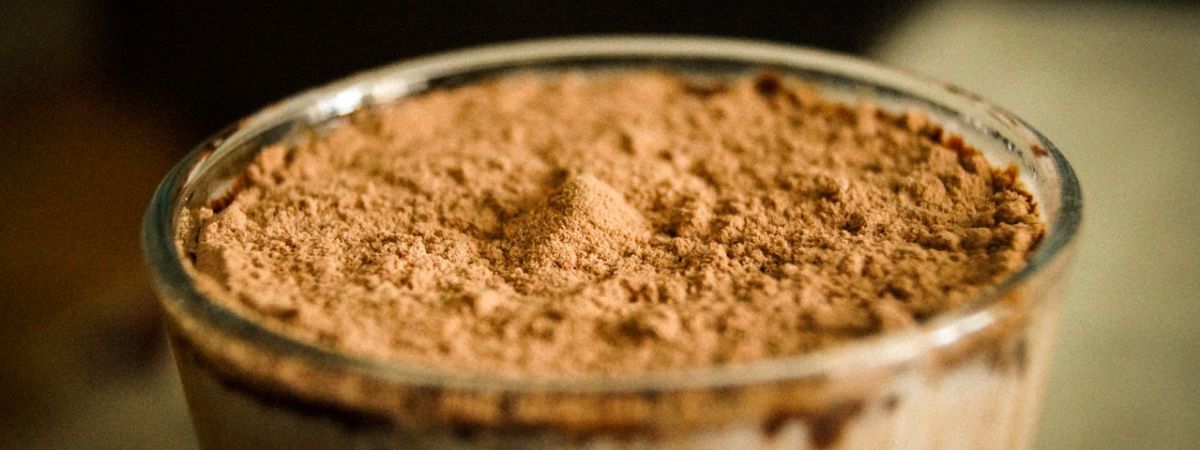If you’re working hard in the gym to boost your muscle gains, you could not have escaped the topic of protein. It is everywhere. Are you getting enough, what’s best – animal protein or plant-based protein, and should you supplement or not?
But what is protein, and how can we maximize its absorption so that it works hardest for us?
The Importance of Protein
Protein is essential for the growth and repair of most of the tissues in the body, although muscle tissue is often all we think about when it comes to protein. Protein is a crucial component in everything from skin and connective tissue to bone, hair, and nails. Proteins are also used to synthesize important bodily chemicals, such as enzymes and hormones.
Proteins are large molecules made up of strings of amino acids. During digestion, protein is broken down into smaller chains of amino acids. It’s these amino acids that are the building blocks of muscle.
Protein and Laying Down Muscle
The main component of amino acids is nitrogen. Eat enough protein and you’ll have a positive nitrogen balance, otherwise known as being in an anabolic state. This allows you to build muscle during your workouts.
If you don’t consume enough protein for the level of training you do, or the protein you are consuming isn’t being absorbed well enough then you will be in a negative nitrogen balance or catabolic state. This means that the body breaks down muscle mass to use as fuel, rendering all that hard work pointless.
Different Types of Protein and How Well They’re Absorbed
There are two main types of protein: complete and incomplete. A complete protein contains all the essential amino acids your body needs for muscle growth and repair. Incomplete protein only contains some of these necessary amino acids.
Generally, animal-based proteins are complete. So eating lean meat and poultry, fish, eggs and dairy products will provide all of the essential amino acids. But this doesn’t mean that plant-based proteins can’t be complete. Soy products, algal products such as spirulina, and grains such as quinoa and amaranth are complete protein sources and contain less saturated fat than animal proteins.
Incomplete plant-based proteins include nuts, seeds, peas, black beans, chickpeas, and lentils. Eating a variety of these will provide enough to create a complete protein.
Also worth considering is how well a protein is absorbed, or its ‘bioavailability’. The higher, the better. Animal proteins such as whey powders, cow’s milk, and eggs are most bioavailable, followed by fish, red meat and poultry. Plant proteins from rice, soy, beans, and nuts are less bioavailable but again, variety is key.
Improve Protein Absorption with AstraGin®
If you’re taking a protein or amino acid supplement, either plant-based or made from an animal product such as whey, you could enhance its bioavailability by adding AstraGin®, or choosing a protein product that already includes AstraGin® in their formula.
AstraGin® works to increase the absorption of 9 of the 20 amino acids and other nutrients such as folate, essential fatty acids, and glucosamine. It may also enhance your workout by increasing ATP production (for energy) and supporting a healthy gut wall.
We have more than two dozen pre-clinical studies that show the potential benefits of AstraGin®. If you’re not already using AstraGin®, how will you know how it could benefit your health goals?!
